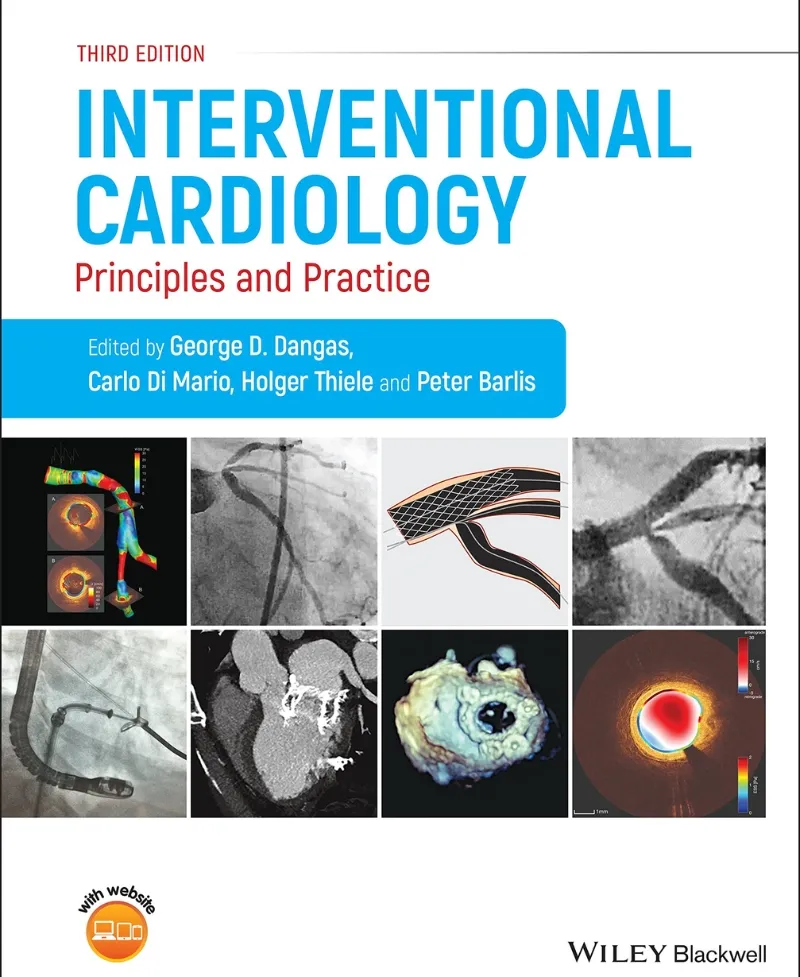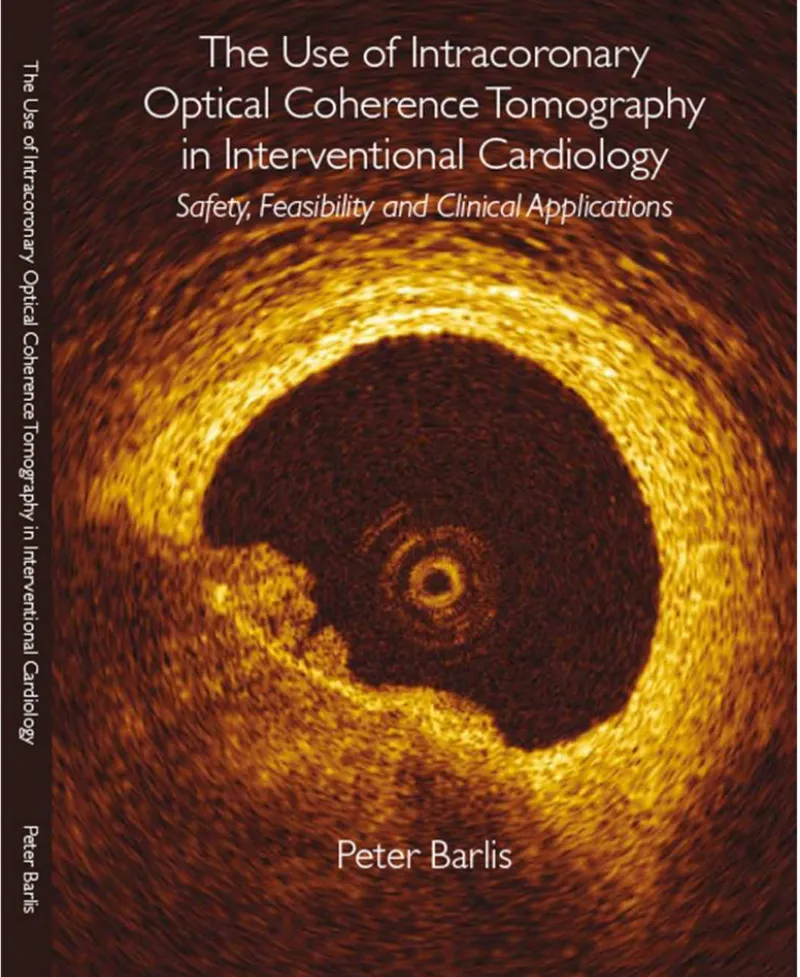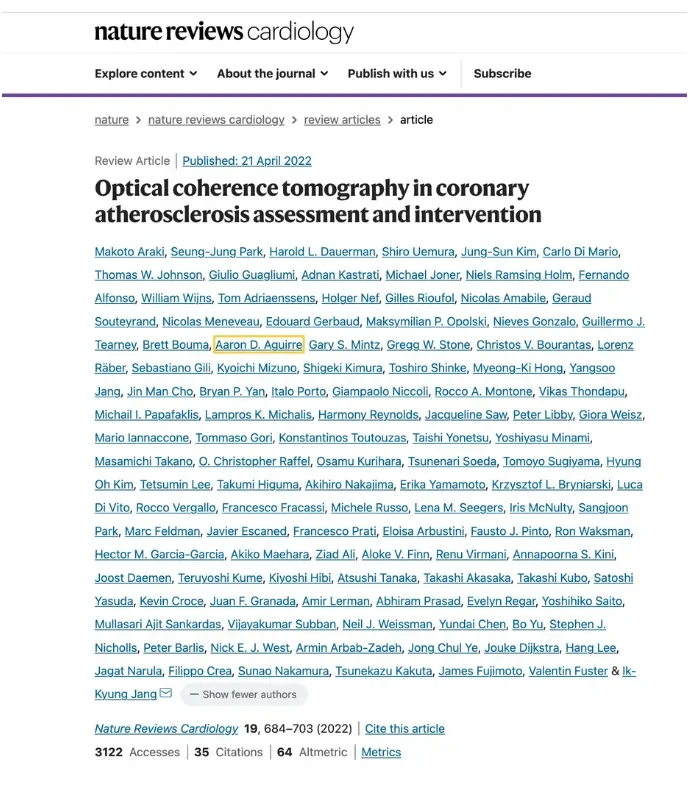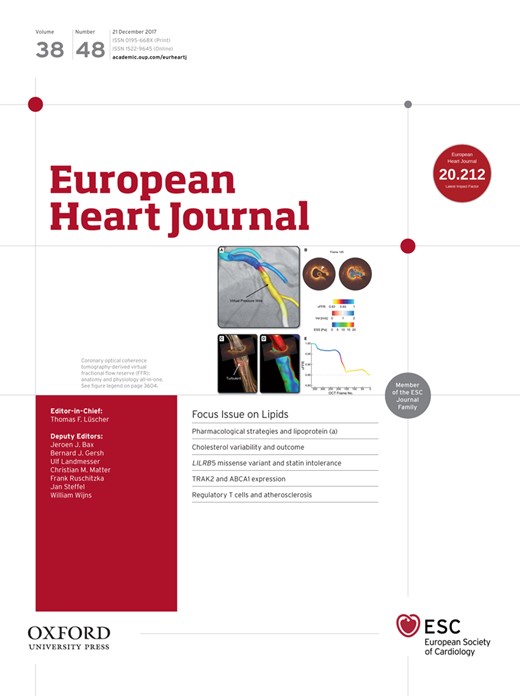Heart Matters is dedicated to making a positive impact on the lives of individuals by prioritizing heart health education and empowerment. We believe that everyone deserves access to reliable, understandable, and actionable information about cardiovascular well-being. Through our commitment to simplifying complex topics, cutting through medical jargon, and delivering user-friendly resources, we aim to inspire and support individuals in their journey towards optimal heart health.

Empowerment
Starts with
Education
Welcome to Heart Matters, your go-to destination for empowered heart health. Explore our comprehensive collection of articles, expert advice, and practical tips, designed to equip you with the knowledge and confidence to make positive changes. Discover the latest advancements in heart health research, learn about effective lifestyle modifications, and gain a deeper understanding of cardiac conditions and their treatments. Explore, learn, and join the Heart Matters community today.
Prof. Peter Barlis
Cardiologist & Founding Editor
for heart health

Our Mission
Our mission is to empower individuals with valuable, understandable heart health information, complementing professional guidance. We offer unique perspectives, providing approachable content to support your search for online resources on preventing or managing heart disease. While we provide reliable resources, collaboration with healthcare professionals is key for optimal heart health.
Proven Expertise
We are proud to have Prof. Peter Barlis as our Editor. With an impressive track record in the field of cardiology, Peter brings extensive knowledge, experience, and expertise to our platform. His contributions ensure that our content is backed by solid medical expertise, providing readers with reliable and trustworthy information.

Think Different
At Heart Matters, we're redefining online heart resources. Our mission is to simplify complex medical topics and eliminate confusion. With our user-friendly approach, we provide easily digestible information that empowers you to prioritize your cardiovascular well-being. Join us as we revolutionize the understanding and accessibility of heart health online.


Why heart matters
At Heart Matters, we go beyond being an information source – we share knowledge with genuine care. Empowering you with comprehensive, easy-to-understand insights.
Up-to-Date
Stay informed with our up-to-date heart health insights. We cut jargon, providing empowering information for your cardiovascular well-being. Discover reliable resources that speak heart to heart, offering updated and accessible information.
Clear & Concise
Our blog articles have simplicity in mind, helping you understand key concepts. Stay updated with reliable information that speaks directly to you, empowering informed decisions about heart health.
A Trusted Guide
We strive to offer dependable and updated insights, cutting through complex terminology to communicate effectively with you. Explore the advantages of reliable guidance that provides a clear perspective, supporting your journey towards knowledge and understanding.

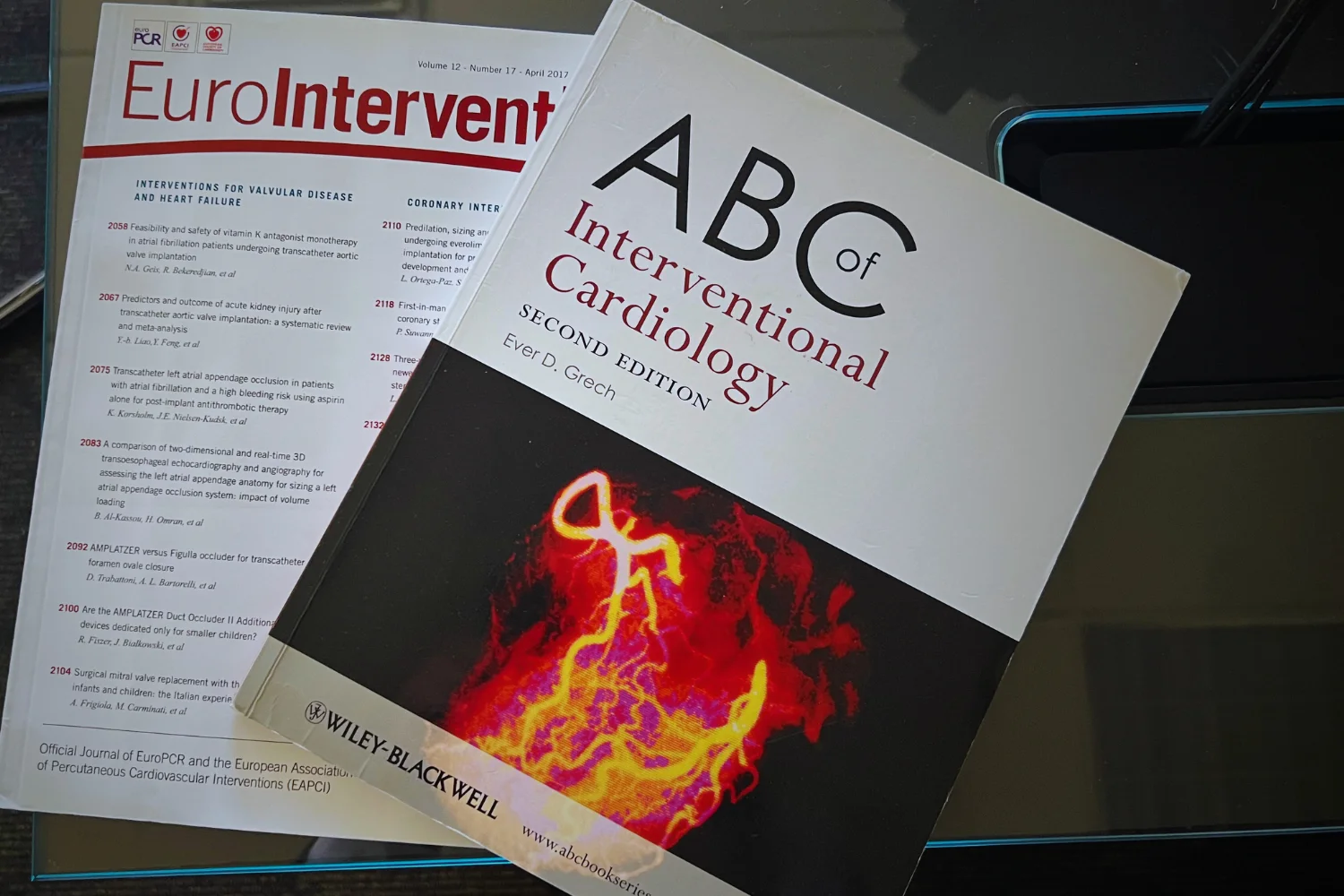
Selected Publications
Explore a curated collection of key publications from our research group, featuring peer-reviewed journals and authoritative textbooks trusted by interventional cardiologists worldwide. Our vast experience in the field of heart health guarantees access to valuable insights and knowledge, empowering you to enhance your cardiovascular understanding.
Textbook of interventional cardiology
"Interventional Cardiology: Principles & Practice" is a leading textbook edited by Peter Barlis alongside other renowned interventional cardiologists, such as George Dangas from Mount Sinai New York, Carlo Di Mario from the University of Florence, and Holger Thiele from Germany's Leipzig Heart Centre. The book is published by Wiley Publishing and is currently in its third edition. Peter's vast experience and knowledge in the field of interventional cardiology have made him a respected authority, and his contributions to the book ensure that it remains a definitive resource for interventional cardiologists worldwide.
The book is intended for practicing interventional cardiologists, cardiology fellows, and other healthcare professionals involved in the care of patients with cardiovascular disease. It provides a detailed and practical overview of the field, with a focus on evidence-based practice and patient-centered care.
PhD thesis
Peter completed his PhD on the use of a novel imaging method to better examine coronary artery plaque and the optimal method of assessing heart stents. His thesis was published in 2009, following his studies at the Thoraxcenter in Rotterdam, the Netherlands, and at the Royal Brompton Hospital in London, UK. Peter's work on the use of optical coherence tomography (OCT) has been published worldwide and has contributed significantly to the field of interventional cardiology.
Peter's research on OCT has been particularly important in improving our understanding of coronary artery disease and developing better methods for assessing stents. He was the first cardiologist in Australia to introduce OCT to the country, and he has since pioneered and mentored many other centers in its use.
Overall, Peter's PhD thesis represents a significant contribution to the field of interventional cardiology, and his work on OCT has had a profound impact on our ability to diagnose and treat cardiovascular disease.

Heart stents: what you need to know
Drawing from extensive experience in interventional cardiology, Peter Barlis offers valuable insights on stent procedures, from preparation to surgery and recovery. This comprehensive e-book is an indispensable resource for individuals undergoing or researching heart stents. It serves as a trusted reference for interventional cardiologists, fellows, and healthcare professionals, empowering patients with accessible knowledge and fostering engagement.
Optical coherence tomography
The article provides a review of the state-of-the-art in cardiac optical coherence tomography (OCT) and its application in coronary atherosclerosis research and clinical practice. Over the past two decades, OCT has been widely adopted for percutaneous coronary intervention optimization and has seen significant advances in understanding in vivo vascular biology in the past decade. The article highlights the need for accurate interpretation and understanding of OCT findings for appropriate use, and aims to serve as a standard reference for future research and clinical application. The review draws on contributions from experienced clinicians and investigators worldwide, who have made substantial contributions to OCT research in cardiac imaging
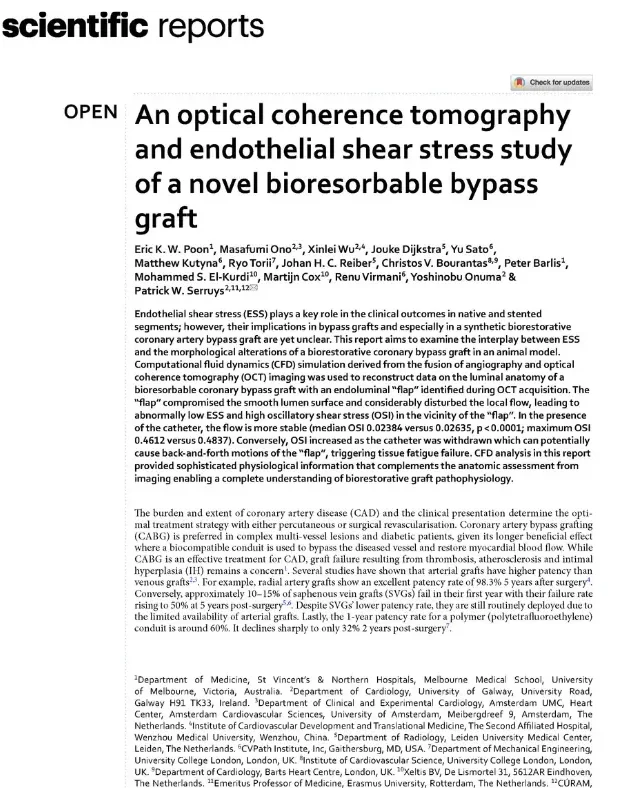
Computational modelling
Endothelial shear stress (ESS) plays a key role in the clinical outcomes in native and stented segments; however, their implications in bypass grafts and especially in a synthetic biorestorative coronary artery bypass graft are yet unclear. This report aims to examine the interplay between ESS and the morphological alterations of a biorestorative coronary bypass graft in an animal model. Computational fluid dynamics (CFD) analysis in this report provided sophisticated physiological information that complements the anatomic assessment from imaging enabling a complete understanding of biorestorative graft pathophysiology.
World-first new technology
Most invasive coronary imaging modalities only provide anatomical information from which physiologic significance is inferred. Fractional flow reserve (FFR) and other physiologic indices of lesion severity are more reliable methods to identify physiologically significant lesions. Currently, accomplishing both anatomic and physiologic interrogation of an intermediate coronary stenosis requires the use of multiple devices within the coronary artery. This report highlights a breakthrough method using cardiac imaging and sophisticated engineering models to predict coronary artery disease severity led by Prof. Barlis and his research team.
Our Youtube Channel
Discover our Heart Matters YouTube channel, where we bring heart health to life. From explaining common conditions and symptoms to discussing the latest research, our engaging videos simplify complex topics, ensuring you have access to valuable knowledge for a healthier heart. Subscribe now and embark on a journey of education, empowerment, and inspiration.

